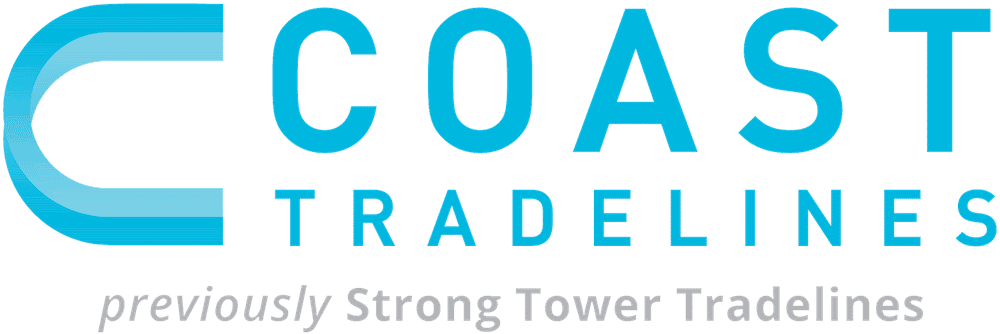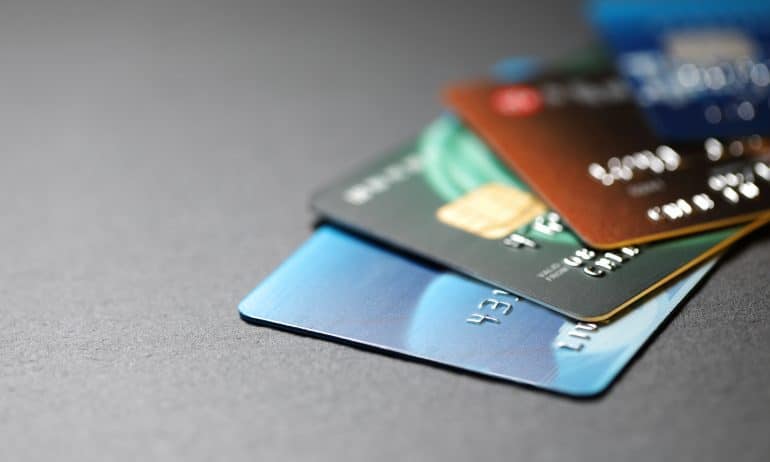As a business owner, you have probably heard the advice to keep your personal and business finances separate. This may make sense further down the line, but until you build the business, it may rely on your personal finances to survive. It may not even be eligible for business credit cards. So, is using your personal credit card a bad idea?
Why Accountants Advise Against Personal Cards
When you create a business entity, you do so to separate the business from yourself. The business needs to earn its income, pay its bills and acquire credit like an independent entity. Using your personal credit cards blurs the line, which can create legal and financial repercussions for you.
For example, if your business gets sued, you may have a hard time proving you and your business are separate entities when your finances are entwined. You could end up losing savings and personal assets with the business because the court determines those assets are not separable from the business.
Businesses tend to be eligible for credit card rewards not offered to consumers. This may include special perks for travel, insurance and cashback points. Some credit cards offer as much as 25% back in rebates on gas, hotels and dining.
Ironically, even if you succeed in securing a business credit card, small businesses almost always need personal guarantees. This can make it difficult to meet your accountant’s preference for keeping things 100% separate.
When Using Personal Cards May Be Necessary
Some people wait until a business starts to make money before registering it. This is especially common in states with lengthy registration processes, high taxes and high fees. It is also common among cash businesses. In these instances, you might not qualify for a business credit card, so using your personal credit card might present the only feasible option.
After securing your first credit card, you might find that the initial limit is low. You might need to use your personal credit card every so often to make up the difference. If you do this, be sure to keep all receipts so you can provide them to your accountant.
How To Qualify for Business Cards
Qualifying for your first business credit card might require becoming your business’s guarantor. In these cases, the bank will likely underwrite the card using your information. This generates a hard pull of your credit and will make you personally liable for the balance on the account if the business fails. There are some ways to secure good deals.
Build Your Personal Credit
Even when banks do not plan to make you personally guarantee a card, they might still want your personal information. The better your personal credit, the higher your chances of getting better credit cards for your business.
Grow the Business
The riskier the business, the higher your interest rates and the lower your spending limit. Banks differ in the information they request, but generally speaking, the higher your monthly cash inflow and the older the business, the better your chances of securing good credit terms.
Register the Business
Some banks require the business to be registered. This means that freelancers and some unregistered sole proprietors may have a hard time getting credit. The sooner you register the business the better, because age matters to banks.
Build Your Business Credit
Business credit can be harder to build, but getting a credit card is a good first start. Next, try to get a small loan in the company’s name or a business line of credit. As your credit history continues to grow, the business credit offerings available to you improve as well.
How To Use Your Personal Card
If you cannot qualify for a business credit card or you are not ready to commit to a credit account for your business, there are workarounds. Treat these as temporary solutions to your business credit needs.
Reimburse Yourself
If you use your credit card to pay for business expenses, let the business formally reimburse you from the company’s checking account. This way, you can still use the business account’s records for business accounting purposes.
Use a Specific Card
If you are not able to immediately reimburse yourself for the credit expense via the business, consider using a specific card for business expenses. Note that even though you use this card for business purposes, your bank will hold you liable for unpaid balances and late fees.
Keep Excellent Records
No matter what option you plan to use, ensure you maintain impeccable records. Should you ever find yourself audited by your accountant or the government, you should be able to present receipts to prove the legitimacy of your expenses.
How Tradelines Can Help
When building and growing a business, entrepreneurs often allow their personal credit histories to take a few hits. This may come back to haunt them when seeking business loans or credit cards. Tradelines can help dilute derogatory remarks, decrease credit utilization and lengthen credit histories. Could your credit score benefit from these? Contact Coast Tradelines for more information on how we can help or submit an application.






